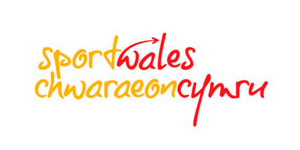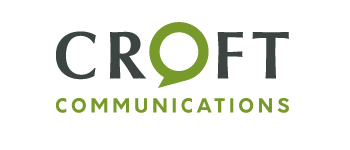Wales Strategic Volunteering Project research delivered at Principality Stadium
Research from the Wales Strategic Volunteering Project was delivered at the Principality Stadium on Thursday 27 March.
This crucial research into community volunteers across the sport and leisure sector has been funded by Wales Council for Voluntary Action (WCVA) and led by Sported, with the backing of a coalition of organisations including the Welsh Sports Association (WSA), Sport Wales, Boys and Girls Clubs of Wales, and StreetGames Wales.
It follows an extensive look into the challenges and blocks surrounding the recruitment and retention of volunteers.
It highlights potential solutions to build capacity and the collaborative action that will benefit local clubs and communities – as well as those giving up their time and offering their experience and expertise.
The research identified four key themes around the landscape of volunteering at the board, trustee, or management level at community groups delivering sport and physical activity in Wales:
- the profile of volunteers in these roles
- the barriers and challenges facing volunteers, or those looking to volunteer, in these roles
- the routes into and facilitating factors for recruitment and retention in these roles
- current good practice for encouraging and supporting volunteering at this level
The profile of volunteers in these roles
- volunteers at these levels are likely to be heterosexual, white, male, 45 years old or over, and without a disability
- they generally spend a longer time per week carrying out these roles compared to other volunteer roles and are likely to have occupied these positions for longer than those volunteering in other roles at community groups
Barriers and challenges facing volunteers, or those looking to volunteer, in these roles
- volunteers at these levels face significant time pressures in these roles, with too few volunteers willing or able to take on and share these responsibilities
- the demands of the roles can make them inaccessible for those in full-time employment, with parental or caring responsibilities, or with long-term, changing, or unpredictable health conditions
- expectations from external stakeholders can be unrealistic given the voluntary nature of these roles, compounded by a lack of support from such organisations
Routes into and facilitating factors for recruitment and retention in these roles
- value-driven engagement is the strongest motivating factor for engaging roles at these levels, where individuals’ values align with those of the group
- personal connections, such as through own children participating at a group or knowing someone already involved with the organisation are often key to recruiting volunteers to senior roles
- two skill sets are crucial in recruiting and retaining volunteers in these roles:
- ‘soft’ people skills (confidence, being motivational, ability to work with young and older alike)
- ‘technical’ skills (project planning and fundraising experience)
- perceptions of required skills as being attainable only through traditionally office-based professional careers hinder those without such experience from engaging with these roles
Current good practice for encouraging and supporting volunteers at this level
- streamlining or reducing the administrative burden on volunteers in these roles increases capacity
- increasing representation to fully represent all members of the local community supports more effective and inclusive recruitment and retention
- positive volunteering environments reward, recognise, and support development pathways for volunteers into these roles
Dr Andrew Stead from Sported presented the Solutions report which included areas of good practice and considerations for the sector to take forward. Colleagues then heard from a panel of experts, facilitated by the WSA’s Commercial Manager, Tom Sharp. The panel consisted of Angharad Collins, Head of Places, at the WRU, Emily Reynolds, Director of Children and Young People at the Youth Sport Trust and Dean Evans from Tylorstown RFC. The panel shared their perspectives on the challenges facing volunteering at Board, trustee and management level within community sport in Wales. It was an interesting cross section, with one of the largest NGBs in Wales, the youth voice perspective and also the viewpoint from a local community sports club – each sharing their experiences and the solutions/best practice they have adopted to date.
The panel provided food for thought for the delegates who were then offered the opportunity to feed into potential Solutions – the Sported team and project partners delivered a range of breakout workshops to glean further insight and potential solutions for potential further phases of the project moving forward.
You can find the full reports as a result of the research below:



















